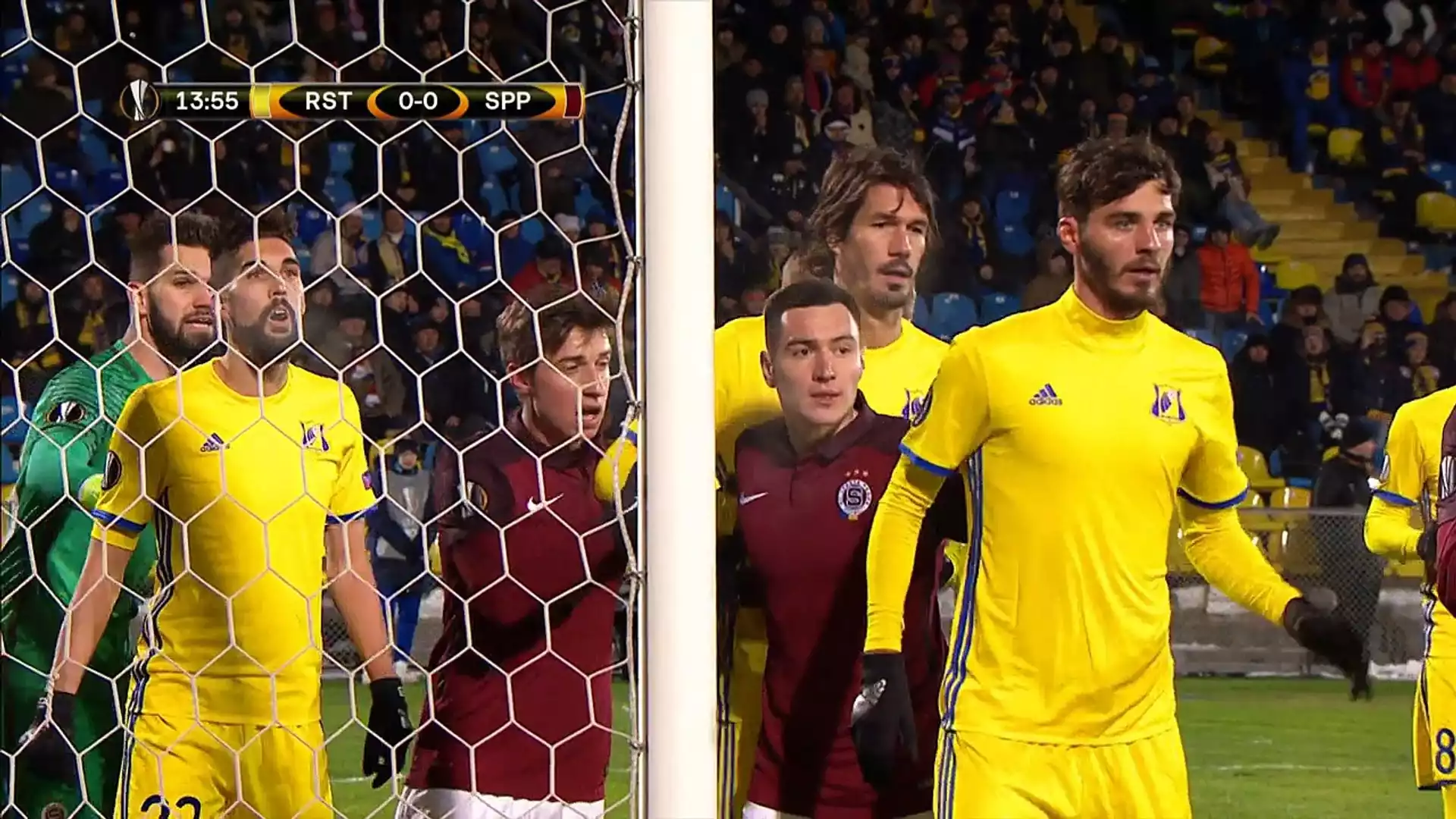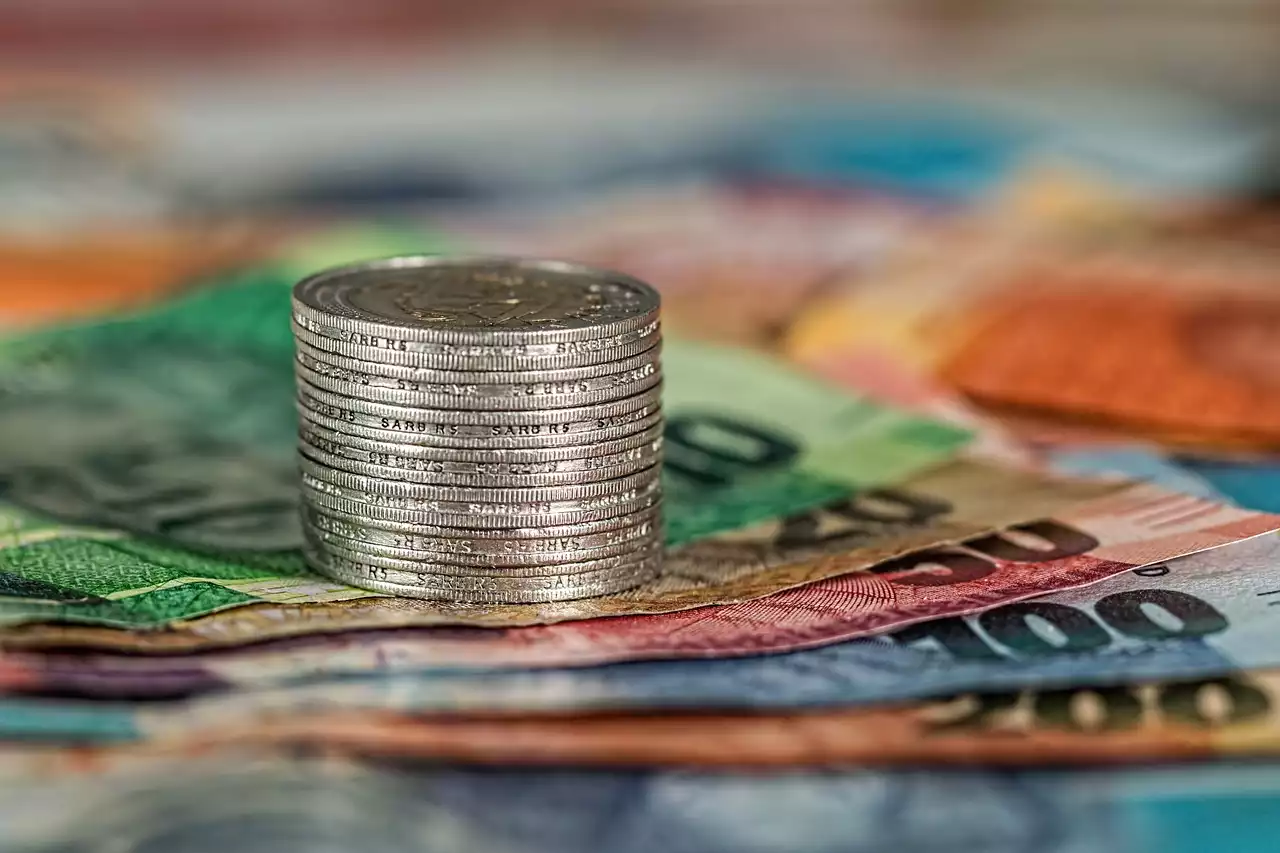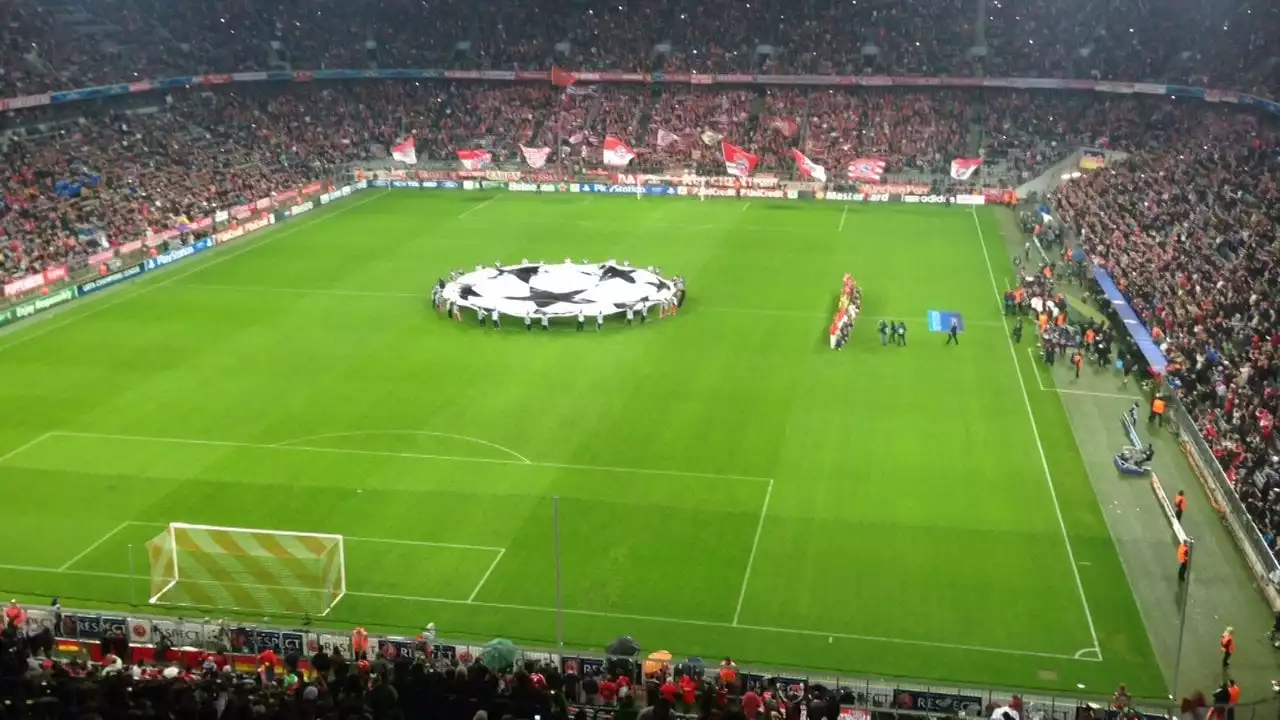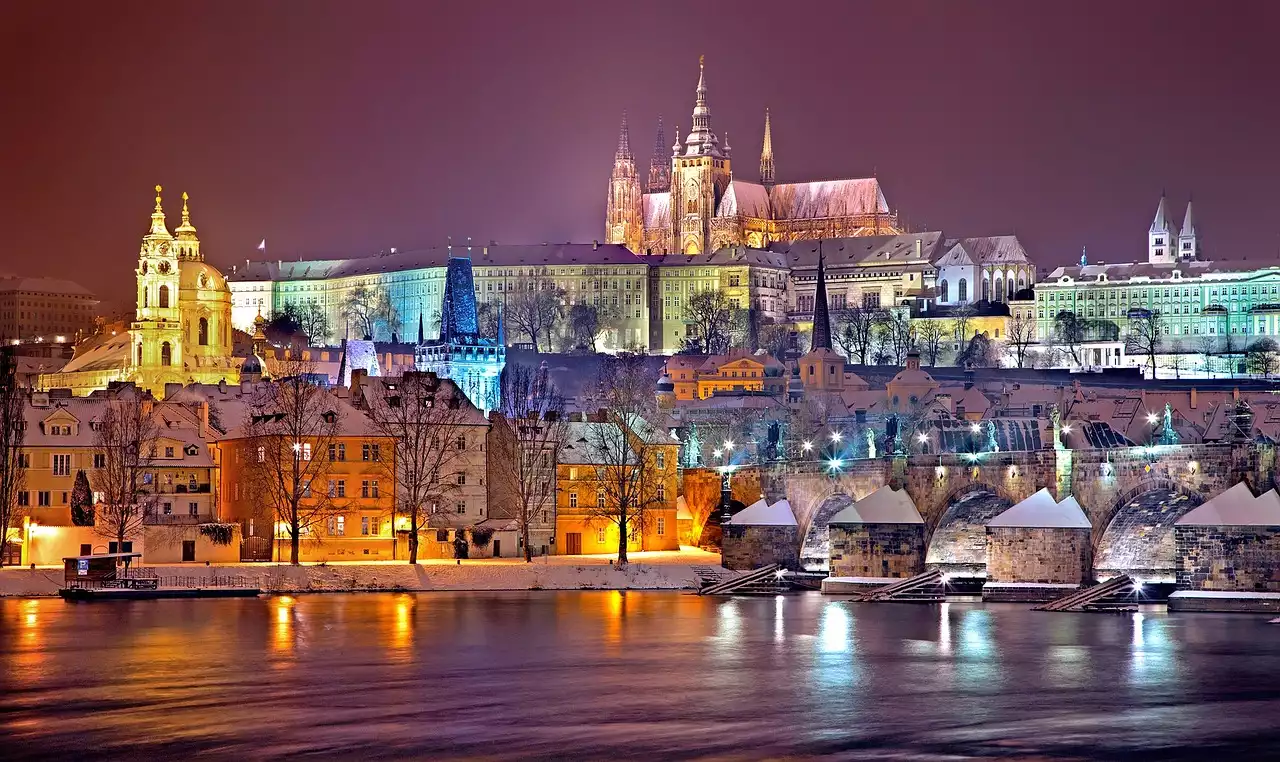Early Years and Foundation
Sparta Prague was founded in 1893 by a group of visionary Czech athletes who sought to establish a club that would not only promote physical fitness but also foster a sense of camaraderie and sportsmanship. In its early years, the club primarily focused on athletics and gymnastics, but it wasn't long before football became its main focus.
The club's first official football match took place in 1896, and it was clear from the start that Sparta Prague was a force to be reckoned with. The team quickly gained a reputation for its skillful and disciplined playing style, as well as its passionate and dedicated fan base. By the early 1900s, Sparta Prague had firmly established itself as one of the leading football clubs in Czechoslovakia.
However, it was not until the 1920s that Sparta Prague truly began its ascent to greatness. Led by a talented group of players, including the legendary Antonin Puc, Sparta Prague dominated Czechoslovak football, winning multiple league titles and establishing themselves as the team to beat.
Rise to Dominance in Czechoslovakia
During the 1920s and 1930s, Sparta Prague enjoyed unprecedented success in domestic competitions. The team's tactical prowess, combined with the individual brilliance of players such as Karel Pešek and Oldřich Nejedlý, propelled them to victory after victory.
Sparta Prague's style of play was characterized by its fluid passing, quick transitions, and relentless attacking. The team's ability to control the game and create scoring opportunities made them a formidable opponent for any team they faced.
In 1927, Sparta Prague achieved an extraordinary feat by winning the Czechoslovak First League without losing a single match. This unbeaten run solidified their status as the best team in the country and earned them a reputation as one of the most dominant sides in European football.
European Success in the 1920s
Sparta Prague's success in domestic competitions paved the way for their European adventures. In the 1920s, the club participated in several international tournaments, including the Mitropa Cup, which brought together the top clubs from Central Europe.
The Mitropa Cup provided Sparta Prague with the opportunity to showcase their talent on a grand stage and compete against some of the best teams in the region. The club's performances in the tournament were nothing short of sensational, with Sparta Prague reaching the final on multiple occasions.
In 1927, Sparta Prague faced off against Austria Vienna in the Mitropa Cup final. The match was a thrilling affair, with both teams displaying their attacking prowess. Sparta Prague emerged victorious, securing their first major international trophy and cementing their status as a force to be reckoned with in European football.
Challenges during World War II
The outbreak of World War II in 1939 brought an abrupt halt to Sparta Prague's golden era. The club, like many others, faced numerous challenges during this tumultuous period. Many players were conscripted into the military, and the club's facilities were often requisitioned for wartime purposes.
Despite the difficulties, Sparta Prague continued to play football whenever possible, providing a glimmer of hope and unity during a time of great uncertainty. The club's matches not only entertained the fans but also served as a symbol of resistance against the occupying forces.
Post-War Rebuilding and Continued Success in Domestic Competitions
After the end of World War II, Sparta Prague faced the daunting task of rebuilding the club from the ground up. The war had taken its toll on the team, with many players and staff members losing their lives or being displaced.
However, Sparta Prague's indomitable spirit shone through, and the club quickly regained its footing. Under the leadership of coach Karel Kolský, Sparta Prague assembled a talented squad and embarked on a remarkable run of success in the post-war years.
The club dominated Czechoslovak football, winning numerous league titles and establishing themselves as the pre-eminent team in the country. Players such as Josef Bican, who still holds the record for the most goals scored in a calendar year, and Zdeněk Štybar became household names, inspiring a new generation of football enthusiasts.
The Golden Era of the 1990s
The 1990s marked another golden era in Sparta Prague's history. The club, now competing in the newly formed Czech First League, continued its tradition of success and set new standards of excellence.
Led by coach Ivan Hašek, Sparta Prague achieved a remarkable feat by winning six consecutive league titles between 1994 and 1999. The team's attacking style of play, combined with its solid defense, made them virtually unbeatable during this period.
The 1990s also saw Sparta Prague make its mark on the European stage. The club participated in the UEFA Champions League and consistently reached the later stages of the tournament. Matches against European giants such as Barcelona and AC Milan showcased Sparta Prague's ability to compete with the best teams in the world.
Recent Years and Challenges Faced
In recent years, Sparta Prague has faced its fair share of challenges and ups and downs. Financial difficulties, changes in ownership, and increased competition have tested the club's resilience.
Despite these challenges, Sparta Prague remains a force to be reckoned with in Czech football. The club continues to produce talented young players through its renowned youth academy and has made significant investments in its infrastructure and facilities.
While the club's recent success may not match the glory of previous decades, Sparta Prague's rich history and enduring legacy continue to inspire players and fans alike.
Sparta Prague's Impact on Czech Football
It is impossible to overstate the impact that Sparta Prague has had on Czech football. The club's success on the domestic and international stage has not only brought joy to its supporters but has also elevated the reputation of Czech football as a whole.
Sparta Prague's commitment to developing young talent and playing an attractive style of football has set a standard for other clubs to aspire to. The club's success has also paved the way for increased investment in Czech football and has helped raise the profile of the league on the global stage.










